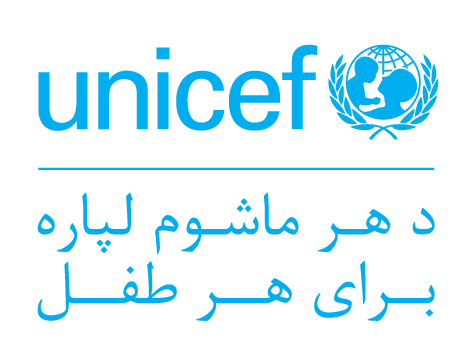KABUL (Pajhwok): UN agencies on Wednesday warned that economic impact of COVID-19 and worsening inequalities would fuel malnutrition for billions in Asia and the Pacific.
In a joint report, UNICEF, FAO, WFP and WHO found that 1.9 billion people were unable to afford a healthy diet, even before the COVID-19 outbreak and the damage it has since caused to economies and individual livelihoods.
“The economic impact of COVID-19 on the world’s most populous region is threatening further undermine efforts to improve diets and nutrition of nearly two billion people in Asia and the Pacific who were already unable to afford healthy diets prior to the pandemic”, the report said.
Due to higher prices for fruits, vegetables and dairy products, it has become nearly impossible for poor people in Asia and the Pacific to achieve healthy diets, the affordability of which is critical to ensure food security and nutrition for all – and for mothers and children in particular.
Food prices and available incomes govern household decisions on food and dietary intake. But the outbreak of COVID-19 and a lack of decent work opportunities in many parts of the region, alongside significant uncertainty of food systems and markets, has led to a worsening of inequality, as poorer families with dwindling incomes further alter their diets to choose cheaper, less nutritious foods.
The report also highlighted the dire situation in Afghanistan, which has the highest prevalence of undernourished children in South Asian countries – double that of other countries.
In Afghanistan, five out of 10 poor children showed signs of irreversible chronic malnutrition and COVID-19 was making the situation worse.
“We are seeing increases in number of children identified as wasted month by month,” said UNICEF Afghanistan Country Office Chief of Nutrition.
“We estimate there will be just under one million children in Afghanistan severely wasted in the next 12 months which is 30% higher than last year. We attribute this to the effects of COVID-19 on poor families.”
He said UNICEF was working closely with government partners and other UN agencies to improve the diets of mothers and children in Afghanistan, focusing on meeting the urgent needs of severely malnourished children.
Making nutritious foods affordable and accessible
More than 350 million people in the Asia and Pacific region were undernourished in 2019, or roughly half of the global total.
Across the region, an estimated 74.5 million children under five years of age were stunted (too short for their age) and 31.5 million suffered from wasting (too thin for height).
The majority of these children live in Southern Asia with nearly 56 million stunted and more than 25 million wasted.
At the same time, overweight and obesity have increased rapidly, especially in South-Eastern Asia and the Pacific, with an estimated 14.5 million children under 5, being overweight or obese.
Poor diets and inadequate nutritional intake are an ongoing problem. The cost of a healthy diet is significantly higher than that of a diet that provides sufficient calories but lacks in nutritional value, showing significant gaps in the food system to deliver nutritious options to all at an affordable price. These costs are even greater for women and children, given their added nutritional needs.
The diet for children and mothers is very poor. Afghanistan is the second worse out of 23 countries for diet quality where studies show six out of 10 children between six months and two years of age had no fruit or vegetables in the last 24 hours and 7 out of 10 had no protein.
UNICEF is supporting the roll out of programs that will improve nutrient intake for most vulnerable children through the provision of multivitamin powders and, for vulnerable adolescent girls and pregnant and breastfeeding women, through provision of iron/folic acid tablets.
The report calls for a transformation of food systems in Asia and the Pacific, with an aim to increase the affordability of, and families’ access to, nutritious, safe, and sustainable diets. Nutritious and healthy diets need to be accessible to everyone, everywhere.
Governments need to invest in nutrition and food safety in fresh and street food markets to promote healthy diets. Regulation of sales and marketing of food for consumers, especially children, is important to curb overweight, obesity and related diseases and illness.
The report also calls for action within the private sector, as it has an important role to play in supporting the transformation of the food system and its value chains for achieving healthy diets.
ma








GET IN TOUCH
NEWSLETTER
SUGGEST A STORY
PAJHWOK MOBILE APP